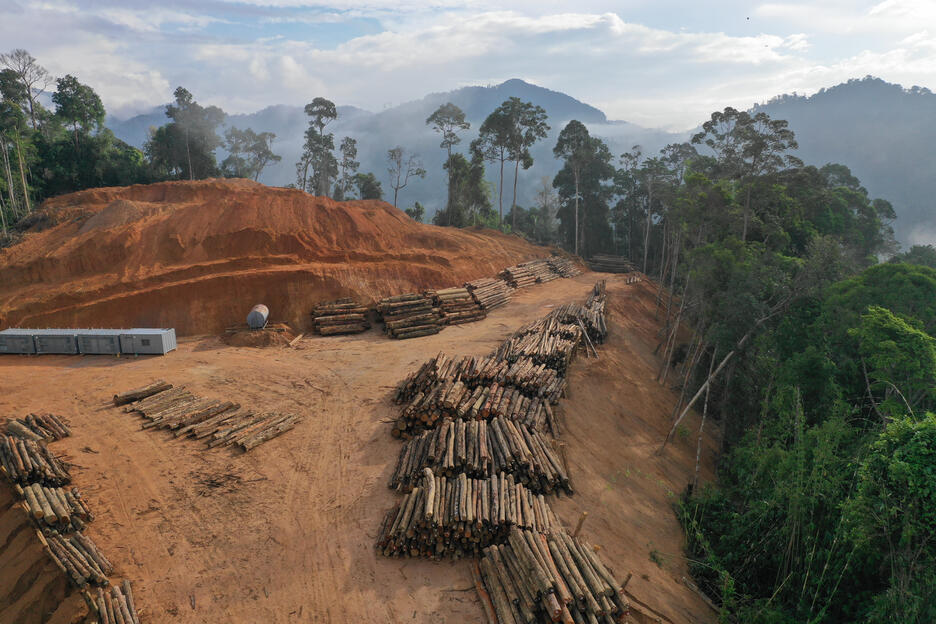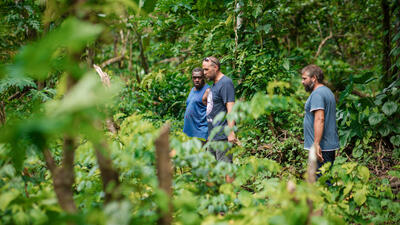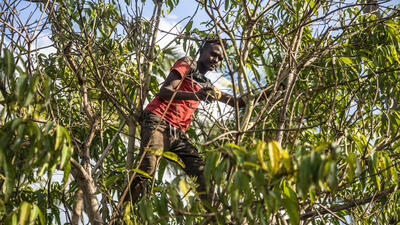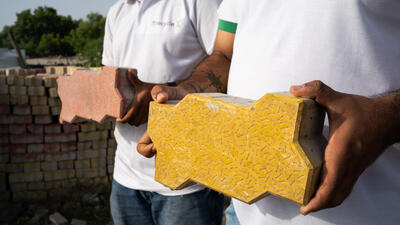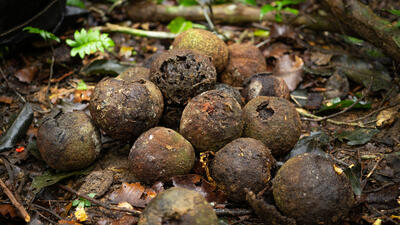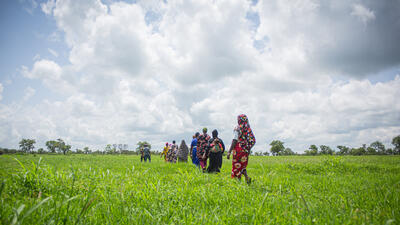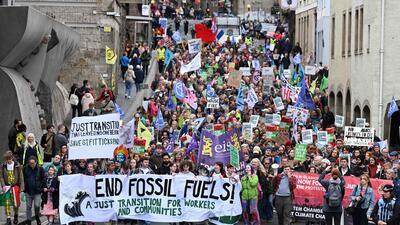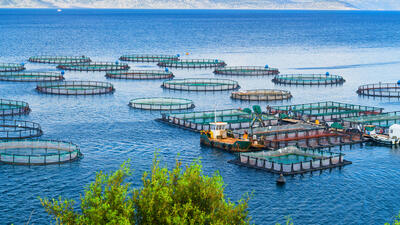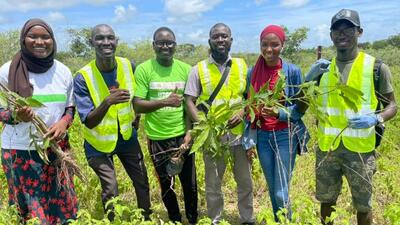
Forests: Precious ecosystems that help humanity thrive
As we mark this year’s International Day of Forests, the International Trade Centre reflects on how best to promote the conservation and sustainable use of forests while protecting people living from and within them. We do so by looking at business practices that can halt deforestation and forest degradation.
Forests are a living, diverse and fundamental ecosystem for the existence of life on Earth. Forests provide food and life-saving medicines, purify water, clean air, capture carbon, and enhance the lives of millions of people worldwide. Forests and its natural systems are fundamental to recover from crises such as climate change.
In recent years, there has been a growing interest in developing regulations and certification schemes for deforestation-free products. However, such measures have significant impacts for small businesses who often struggle to meet these requirements. Designing these mechanisms in a way that supports the sustainability of both the ecosystems and its communities is imperative.

Deforestation is primarily caused by human activity: this includes agricultural expansion, commercial logging, mining and urbanization.
According to recent FAO data, the global forest area is constantly decreasing, with an estimated 10 million hectares lost each year between 2015 and 2020. The World Resources Institute reports that the highest deforestation rates are in tropical regions, where between 2020 and 2021 3.75 million hectares of tropical primary rainforests were lost – that’s a rate of 10 football pitches per minute.
The nexus between deforestation and trade is very strong, with many export commodities such as timber, soy and palm oil being major drivers of deforestation. Small businesses in producing countries are important stakeholders of these supply chains and can play an essential role in promoting sustainable practices in forest conservation.
Policymakers usually try to tackle deforestation in global supply chains through import regulations.
Requirements under these schemes are multi-fold. Every stakeholder making a claim for deforestation-free products needs to make sure that verifiable steps have been taken. For smallholders and micro businesses, these requirements – ranging from providing geolocation data (traceability) to due-diligence assessments (among others) – can seem insurmountable obstacles.
Emerging regulation may also require companies to conduct due diligence assessments to identify and mitigate risks associated with deforestation, and to work with suppliers to implement sustainable production practices.
By enforcing such regulations, governments aim to encourage sustainable practices in global supply chains and reduce the negative environmental and social impacts associated with deforestation.

Depending on where micro, small or medium-sized companies in developing countries are on their sustainability journeys, compliance with market requirements to end deforestation can present numerous challenges.
They often lack information and resources when trying to implement appropriate traceability or geolocation systems. Small businesses then risk losing their competitiveness in international markets as they are unable to invest in necessary solutions.
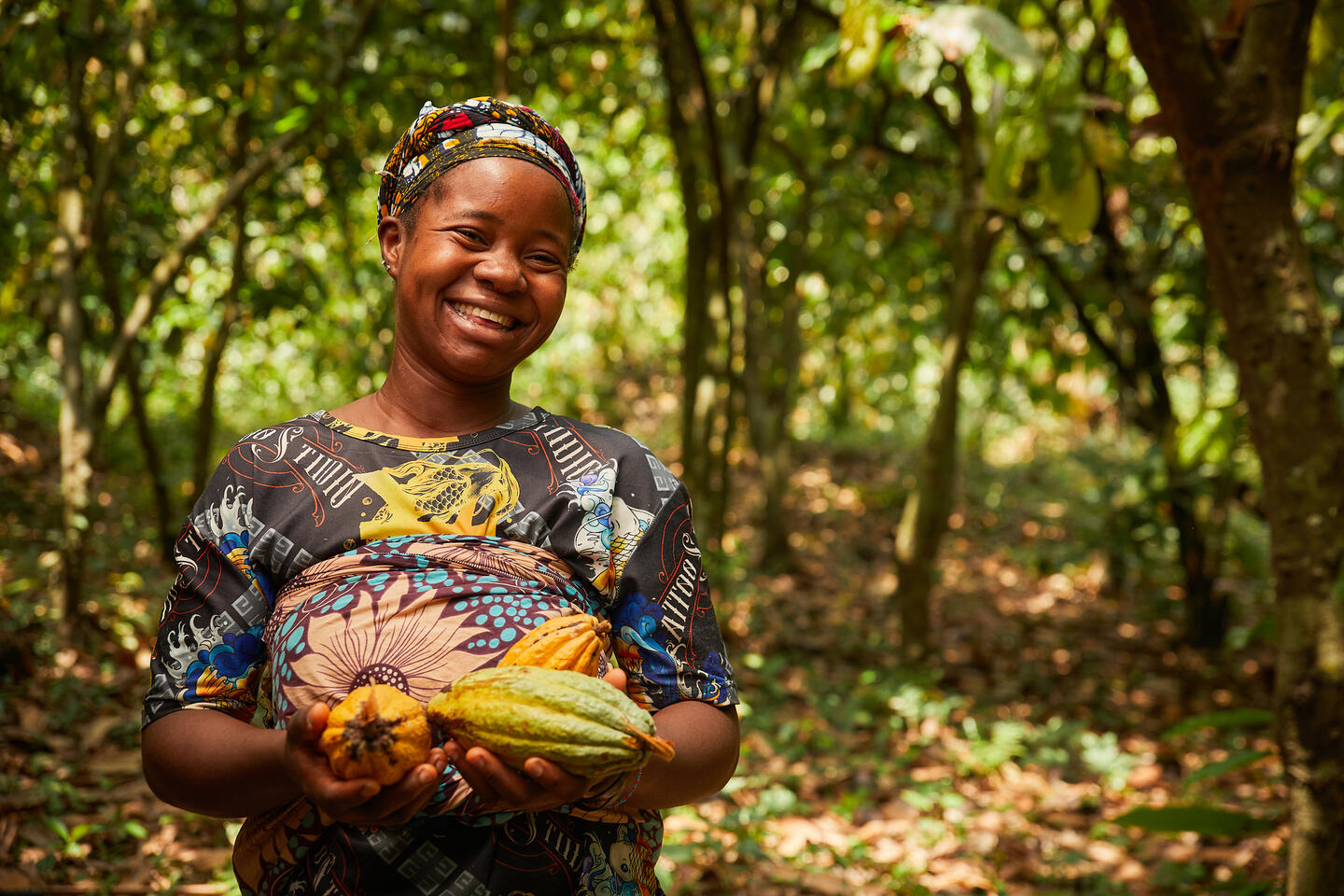
It is essential to promote sustainable production and trade in global value chains by involving small businesses from the start so that they can help ensure a transition towards sustainable practices.
Only then can we protect our forests, halt deforestation and forest degradation, and mitigate climate change to safeguard our planet’s future.
ITC is committed to supporting small businesses in the just transition.
Learn more about deforestation-free Global Supply Chains and contribute to ITC’s Roundtables in priority commodities sectors, such as palm, soy, cattle, cocoa and coffee.
Register for the next Roundtable in Brussels on 5 June 2023 here.
For questions, contact Mathieu Lamolle at lamolle [at] intracen.org.




